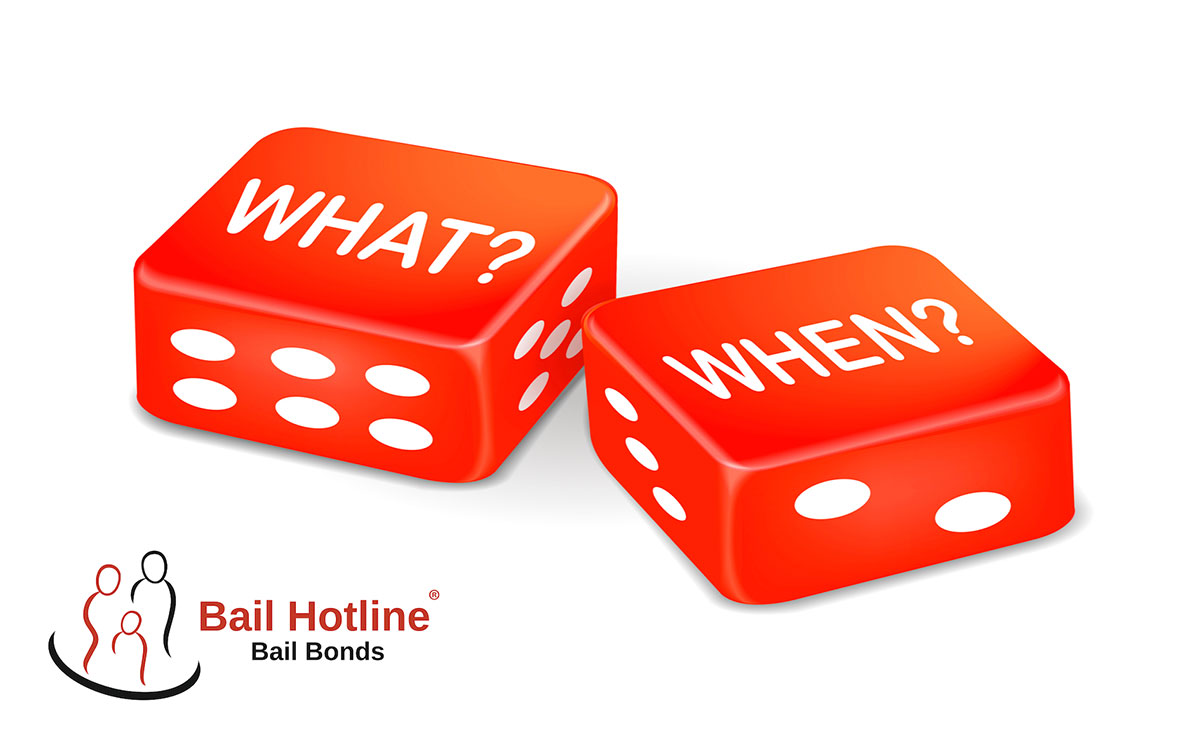Bail bonds are one of those things you don’t want to think about until you have to. However, knowing some basics beforehand is one of the best ways to speed up the process to ensure your friend or family member is out of jail quick. Below, we will discuss some fundamentals of bail bonds to get you started.
Why is Bail Set?
Jails have limited space. Also, there really isn’t much of a reason for jails to hold hundreds of accused persons for more than a few days due to overcrowding. Bail allows these people to be released but under a sort of financial contract that says they will show up on their prearranged court date.
How Much is Bail?
The bail amount varies wildly based on several factors. These include a person’s criminal record, the alleged crime, and specifics as to why they were arrested. “Flight risk” is another one. You will find out how much a person’s bail is from the jail or when they call and tell you.
What is a Bail Bond?
A bond is a partial payment, almost like a loan, that covers the full bail amount. If, for instance, a person’s bail is set at $10,000, all you really need to pay is $1,000 (a premium that the bail bond agency keeps) and sign over enough collateral to make up the other $9,000. Once you pay the bond agent, he or she will contact the jail and use an insurance company to pay the rest in order to bail someone out.
When is the Bond “Over?”
A bond is terminated once the accused appears in court. If he or she does not, the agency can take a number of avenues to ensure they are brought back to jail.
What Happens if Someone Skips a Court Date?
If you take out a bond, you and any cosigners may lose any collateral you initially signed over. This is a worst case scenario, though, and doesn’t happen as often as people think.
Which Bail Bond agency Should I Contact?
If you find out that someone is in jail, your best bet is to contact a nearby bond agency. In California, lots of people call Bail Hotline, an agency with offices in more than 20 locations. From there, the bond agent will help you through the process.
What Counts as Collateral?
Collateral, as mentioned, is a way for you to cover the bail amount without paying it all in cash. Since court dates can be months after the arrest, this prevents cash from getting tied up. As for collateral, the most common types include cars, real estate, jewelry, and other valuables. Your bail agent should be able to answer any other questions you have about collateral.
How Long Does it Take to Bail Someone Out?
Typically, it takes anywhere from a few hours to a few days. Jails hold defendants until they are arraigned which, in certain areas and depending on holidays and weekends, can take two to three days.
